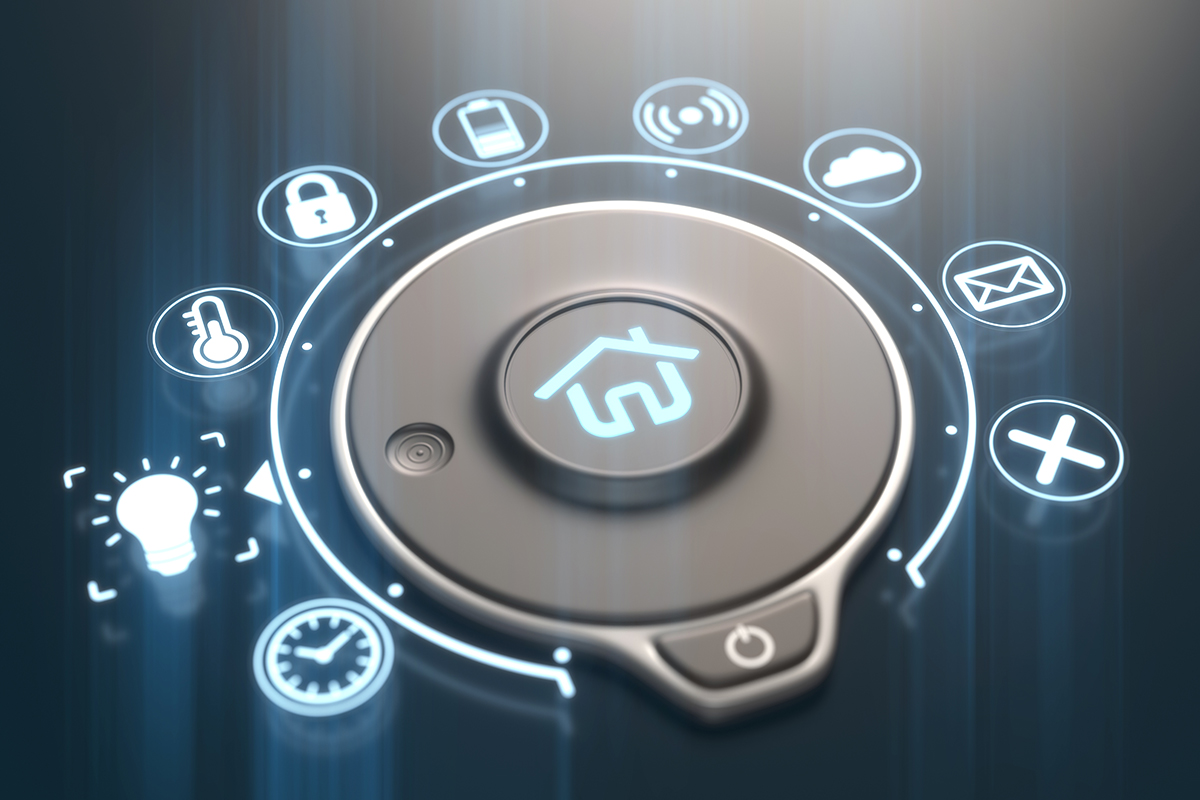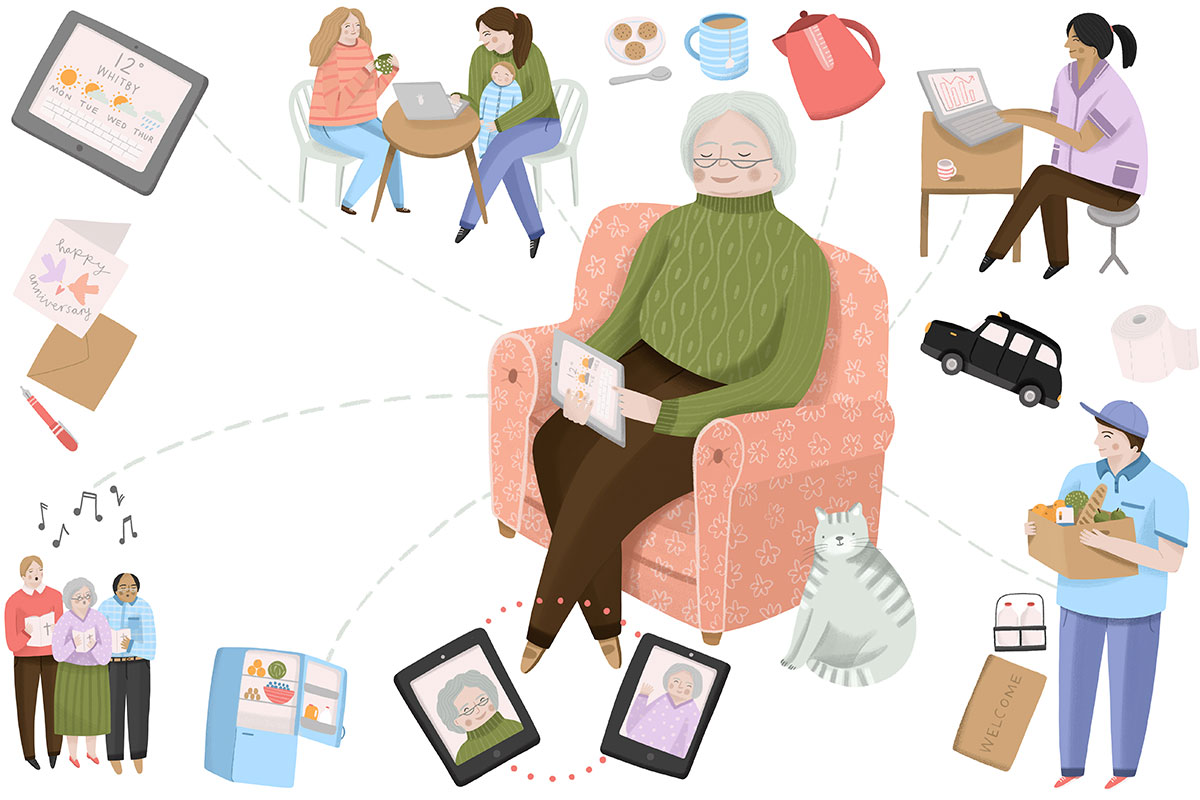You are viewing 1 of your 1 free articles
Six things to consider when looking at smart home technology
Smart home technology, which allows appliances in the home to be controlled remotely, is set to become more prevalent. Consultant Jo Davies looks at what social landlords need to consider to ensure they use the technology successfully
While the benefits of smart home technology in the housing sector are well known and easily understood, the use of these innovations by housing associations is best viewed not as just a gadget add-on but as an interconnecting network that necessitates understanding and agreement with its stakeholders from the outset.
In this way, smart home technology can be implemented responsibly and successfully to support residents and help landlords manage estates of thousands of houses, while at the same time pre-empting possible unwelcome side-effects of this new technology.
Here I summarise the key considerations for successful smart home technology implementation:
One: Let’s avoid future troubles
Landlords should consult with residents from the outset to research tenants’ openness to technology installation, as well as their concerns, and setting up piloting schemes ahead of a rollout.
Residents need to trust their smart home technology and to fully understand both the functionality and potential of using it.
Providing advice is key to ensuring these innovations are used optimally, taking into account that some residents may be less familiar with technology in general and may require special assistance.
The Digital Eagles initiative from Barclays bank is a good model for supporting residents uncertain of technology.
Two: Keep tenants’ data safe and secure
Issues of security and privacy, that have the potential to restrict user’s acceptance, need to be addressed.
Davies Hickman’s consumer research shows that more than 50% are very concerned about their privacy in relation to smart technologies.
Residents need to understand how data from smart technology will be used and for whose benefit.
For instance, Castle Rock Edinvar Housing Association’s energy team provide their residents with bespoke energy advice which helps the residents to manage their fuel bills. The General Data Protection Regulations, which came into effect in May 2018, ensure that organisations strengthen their obligations to safeguard individual’s personal information; the new legislation will also go some way to addressing privacy fears for residents.
Three: Understand where liability lies
Liability also needs to be considered. For instance, smart home technology allows landlords to monitor energy usage.
“The choice of platform underlying a smart home technology system is a decision with long-term consequences.”
This means landlords can investigate if energy usage deviates from the norm; this may be because a resident is on holiday or possibly because a resident has fallen and is unable to get up.
In this latter instant, does the landlord have any liability if it hasn’t investigated the cause of the energy usage deviation?
A situation like this indicates how vital it is to identify potentially relevant claims and for liability guidelines to be formally agreed in advance of the implementation of this technology.
Four: Think long term to avoid ‘zombie devices’
A broad and far-sighted perspective needs to be adopted early on, as the choice of platform underlying a smart home technology system is a decision with long-term consequences.
The chosen system needs to have the capability to integrate with a range of smart home technologies both at inception and down the line.
This future-proofing also needs to protect landlords and residents from zombie devices created when legacy systems are installed and maintained by companies that then go out of business.
These devices, which are neither updated nor serviced, won’t be protected against malware attacks and hackers may use them as insecure nodes to gain entry to other devices.
Five: look at using economies of scale
The good news for housing associations is not just that prices are falling as competition has been growing within the smart home technology market but also that economies of scale are available.
Comprehensive smart technology planning from the outset allows landlords to take full advantage of these economies.
What might cost £10,000 in a single home could be scaled to under £400 per home when applying the same technology to 1,000 properties.
Six: I want to count on you
On-going support needs to be made available to residents whether for faults or reassurance regarding smart home technology.
Even with the best planning, through piloting and well-considered smart home technology installation, issues will still arise for residents so on-going customer service is vital to help ensure that the smart home technology is used to its fullest potential.
With data indicating that housing associations are increasingly planning to incorporate smart home technology into their housing stock, these six considerations provide an essential checklist for successful smart technology implementation.
Currently 6% of housing associations have an Internet of Things strategy but 25% are considering it.
Jo Davies, director, Davies Hickman












